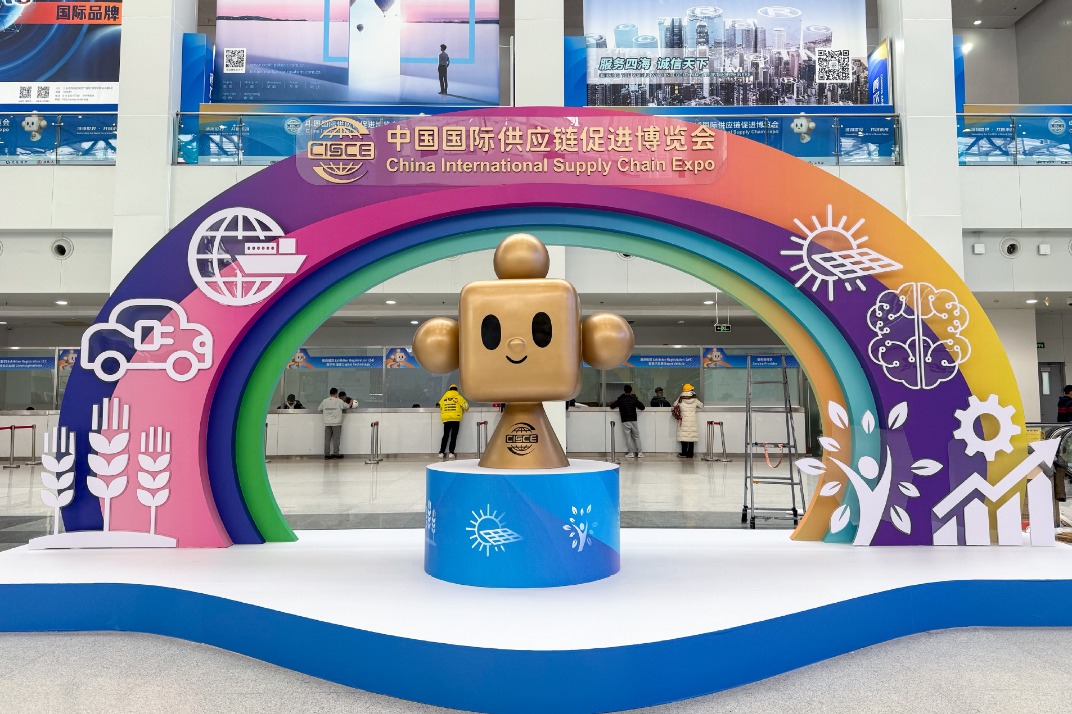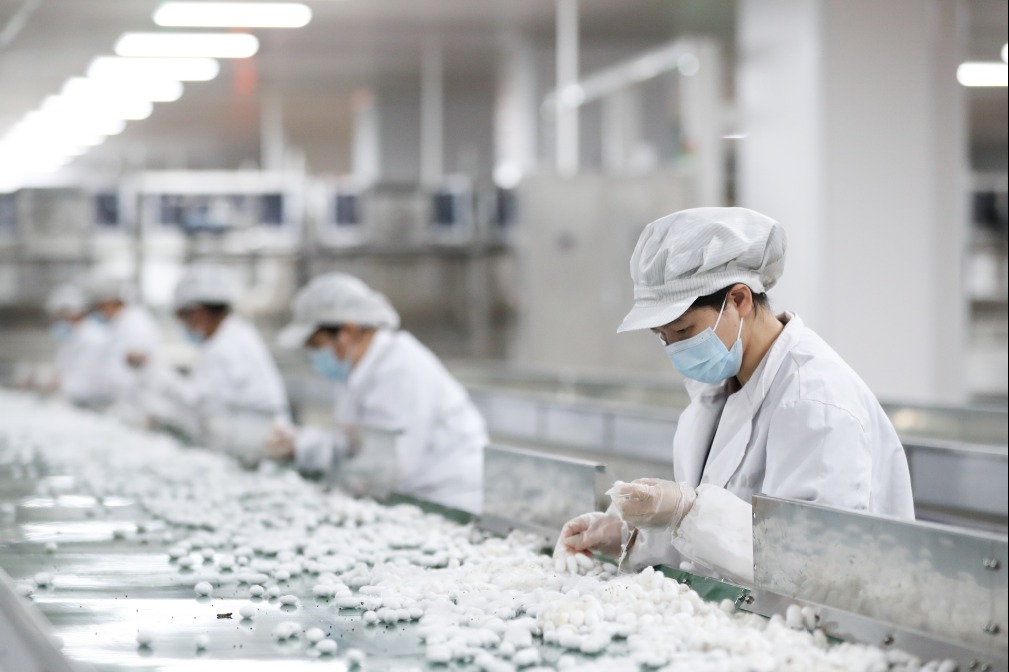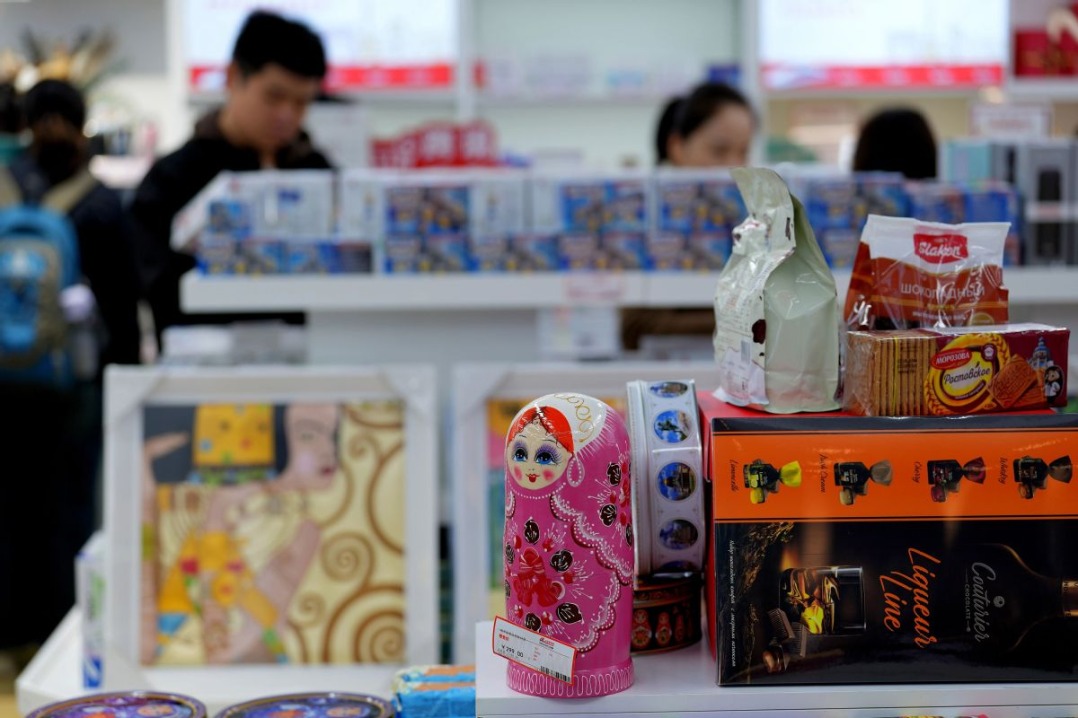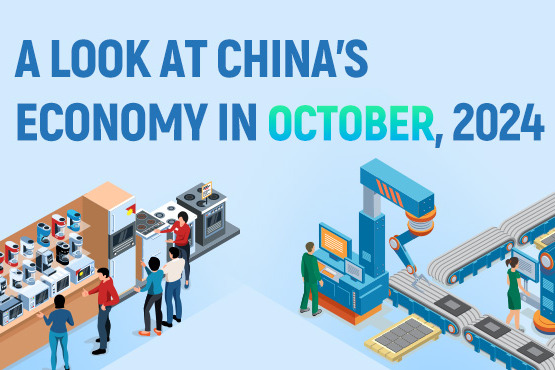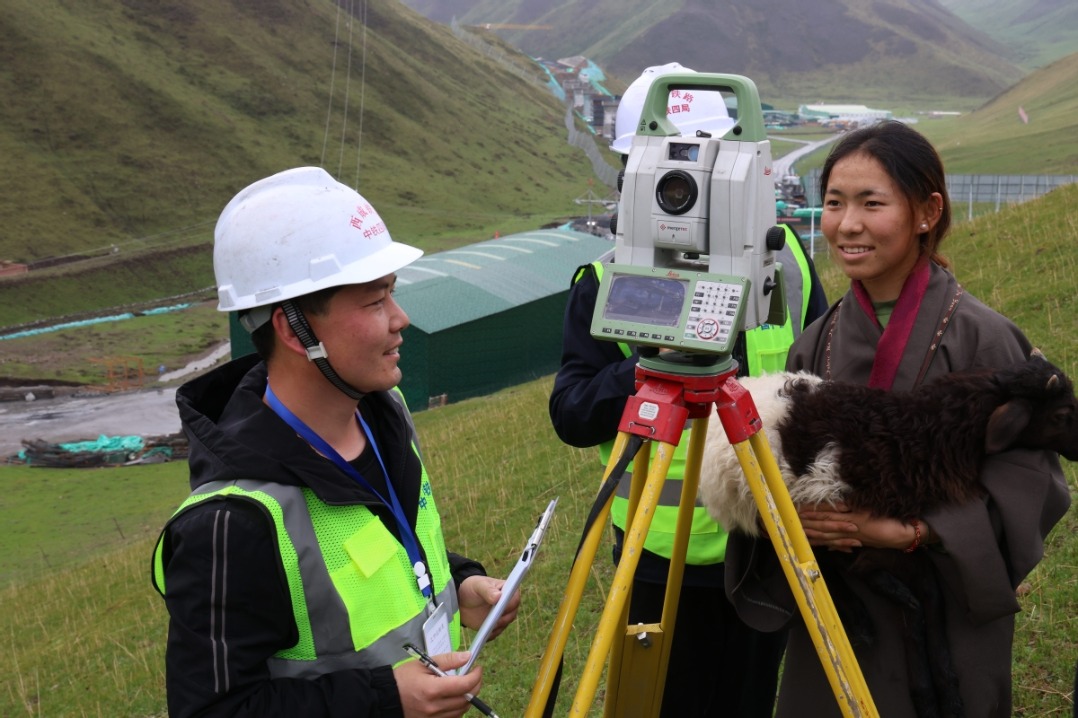Yadea electric vehicles to expand business in overseas markets

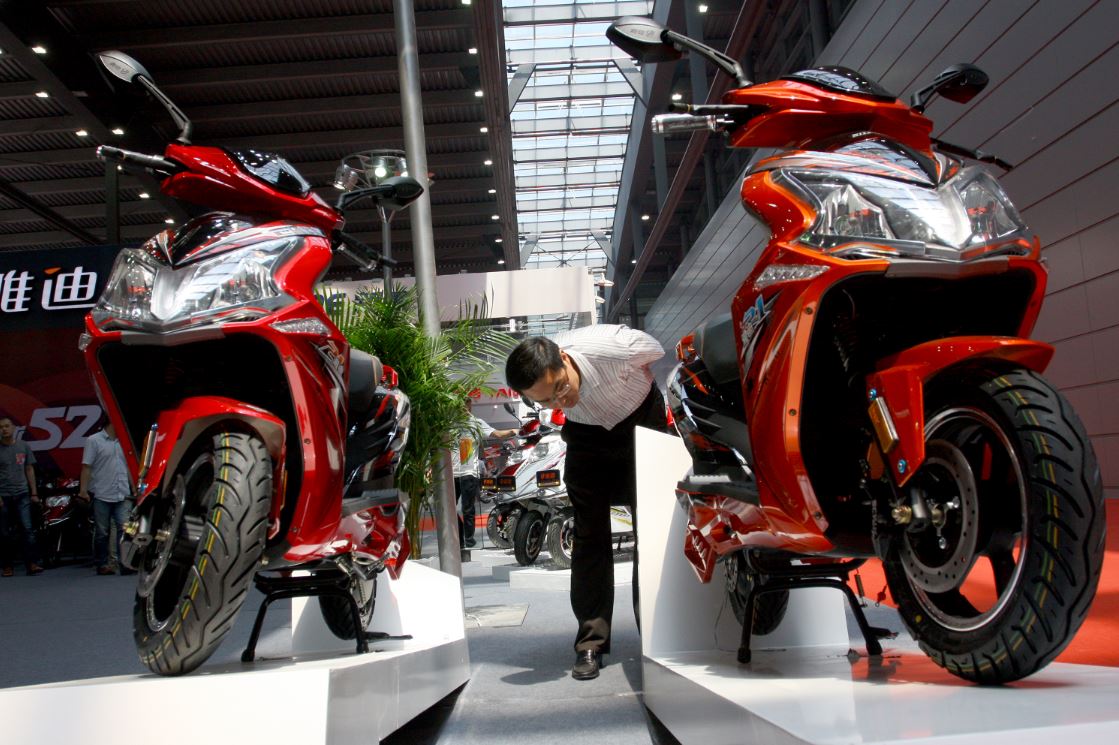
Yadea Technology Group Co Ltd, a major manufacturer of two-wheeled electric vehicles, or EVs, in China, plans to grow its global sales by adding new stores, plants and distributors in overseas markets over the next three years. The company is keen to further expand its global presence.
Many opportunities come from a number of countries such as Germany, the Netherlands, Italy, South Korea, India and Indonesia, where there is an ongoing effort to cut energy use and pollution, and pursue sustainable development. Environmentally friendly EVs are a decent option for them, said Dong Jinggui, chairman of Wuxi-based Yadea.
Among them, European countries are actively slashing energy consumption and emissions in accordance with the Paris Agreement and the Energy Roadmap 2050. This offers Chinese manufacturers growth momentum for promoting electric bikes and new energy transportation across Europe.
"Therefore, we will further diversify sales channels, develop new products and sponsor well-known sports activities. We were one of the sponsors of the 2018 FIFA World Cup held in Russia. We will run showrooms in major global cities such as New York to enrich consumers' need for new lifestyles and commuting solutions, so they can know more about our products," he said.
"We are also seeing people getting on electric vehicles, who in the past did not cycle or cycled in a limited time at both home and overseas markets."
The Belt and Road Initiative, he said, boosted sales of EVs as they can now be shipped to both developed and developing markets.
The BRI, proposed by China in 2013 to enhance regional connectivity among many countries and regions through both overland and sea routes, has strengthened economic cooperation in participating economies, helping them boost trade activities and increase infrastructure investment.
Industry data released by Beijing-based China Bicycle Association in July also showed that demand for EVs in Southeast Asia and North Africa has notably surged in the past two years.
Supported by 20,750 stores, more than 18,000 charging terminals worldwide, and various online platforms, the company sold 5.03 million units of EVs globally in 2018. It has 30 million users across the world and exports its products to 77 countries and regions.
Founded in 2001 in Wuxi, Jiangsu province, Hong Kong-listed Yadea currently runs seven manufacturing bases in both Vietnam and domestic locations including Tianjin, Zhejiang, Guangdong, Anhui and Chongqing.
Eager to compete with other established rivals, Yadea showcased its latest technology breakthrough on graphene battery at an industrial exhibition in Nanjing in October.
The novel model can tackle issues such as nondurable battery with slow power charging capacity, it said.
Apart from shorter charging time and strong impact resistance ability, the life span of its graphene battery is three times longer than ordinary batteries.
To ensure a well-developed global supply chain, Yadea has gathered 677 patents and collaborated with the German conglomerate Siemens AG, Italian designer Stefano Giovannoni, German auto paint maker BASF and the US electric motorcycles maker Lightning Motorcycle Corp, to import mature and developed technologies to build its brand.
Dong said Yadea has optimized each vehicle model based on the preferences and habits of local users. In terms of mechanical performance, the company's products are fully compliant with all motorcycle standards.
"In terms of power, we have established technology cooperation with Japanese manufacturers such as Panasonic Corp, and are exporting E-Moped and other products to different countries and regions around the world," he said.
He stressed that EVs will also be increasingly upgradable in terms of technology, and customers will be more savvy about technological advances and demand more personalized features in their vehicles. Also, the automotive revenue pool will diversify toward data-driven services and other personalized mobility services.
China's electric bicycles have gained in popularity in the global markets in recent years thanks to their good quality and technological edge, and the domestic sector has not received any subsidies from the Chinese government, said Zhao Ying, a researcher at the Beijing-based Institute of Industrial Economics, which is part of the Chinese Academy of Social Sciences.
"Even though China currently has over 600 electric-vehicle producers, this sector has reached a transformation and upgrading stage, as its developing trend now is driven by themes like innovation, green and sharing," he said.
On counterfeits and substandard products sold in the market, Zhao said he believes some domestic manufacturers simply set up their business only to reach maximum profits, rather than provide good services to their customers. "They will be eliminated by the market soon, only the major players can survive and develop in the next stage."
Boosted by many countries' newly found focus on quality urban development, as well as green, low-carbon and sustainable growth, sales of two-wheeled EVs globally will reach 124.6 billion yuan ($17.66 billion) while sales volume will reach 44 million units by 2020, according to consulting company Frost & Sullivan.
















